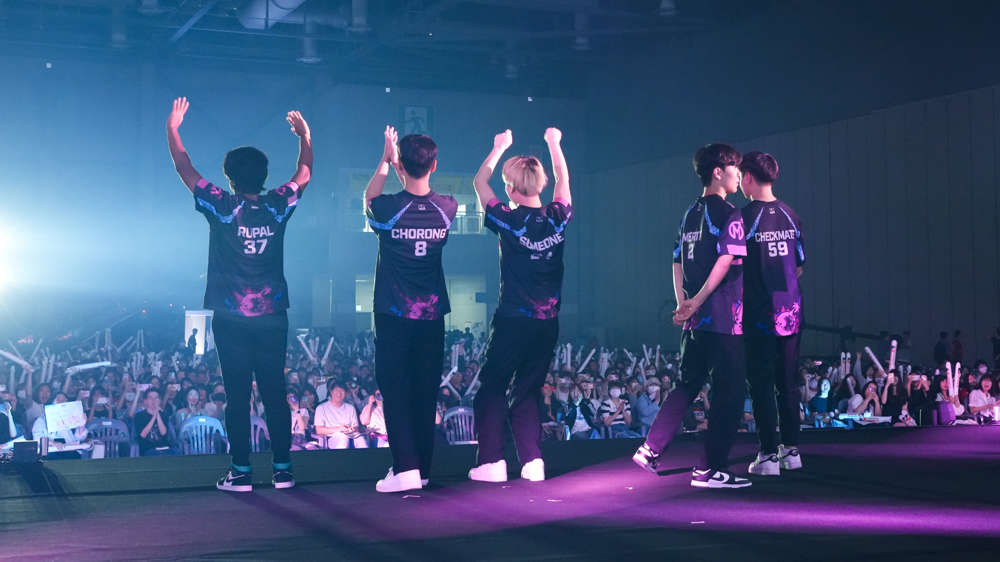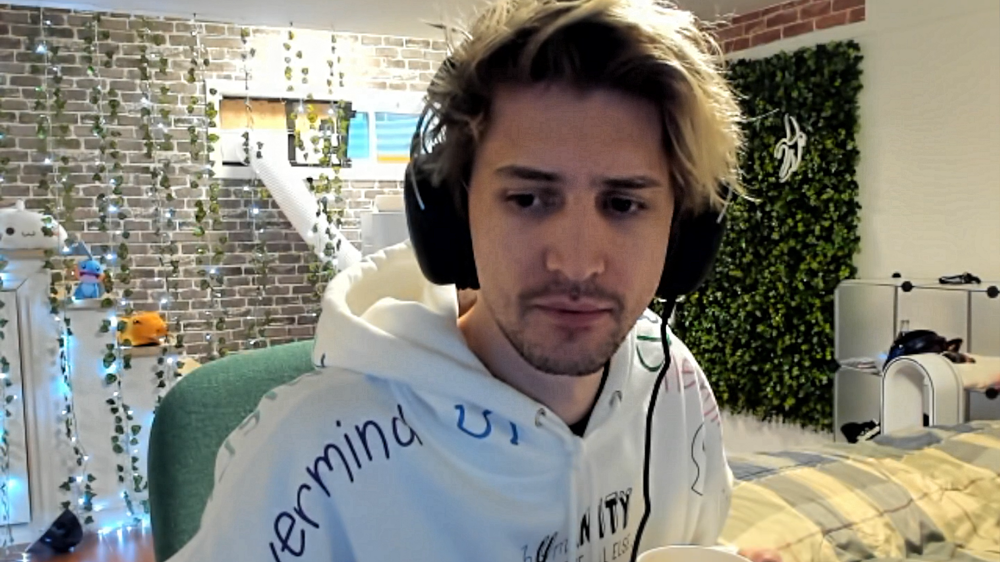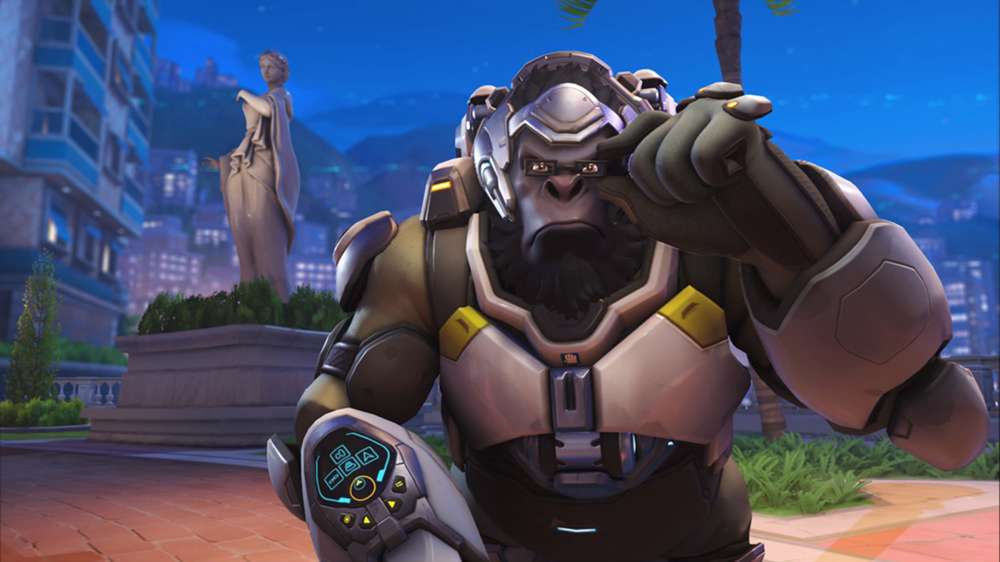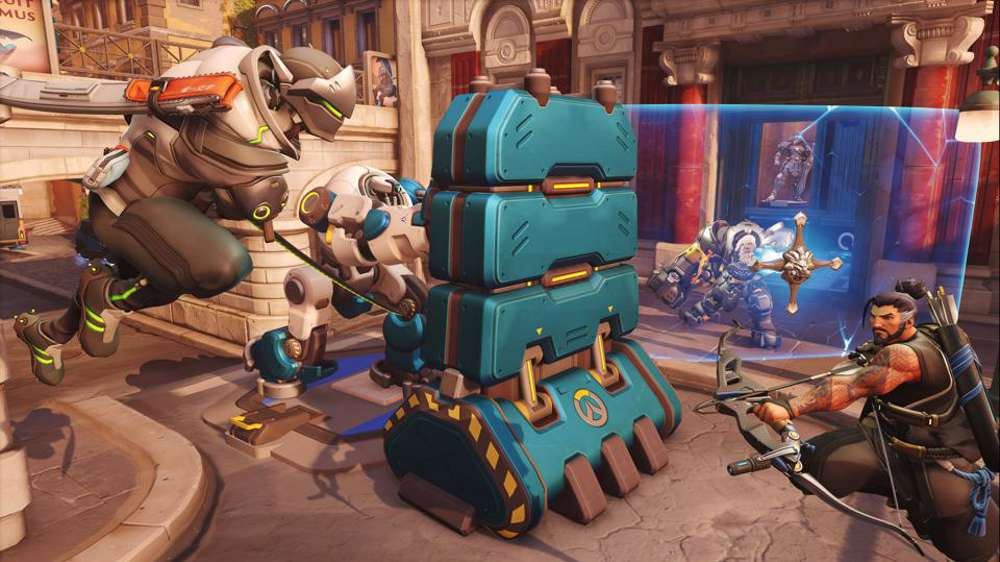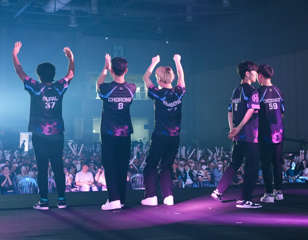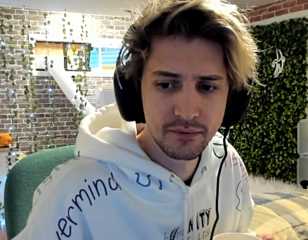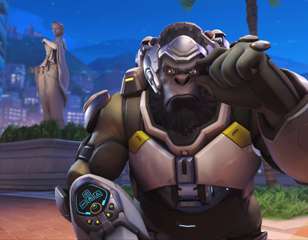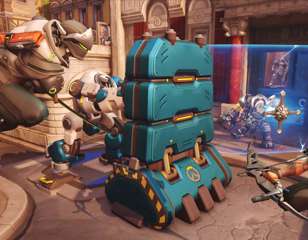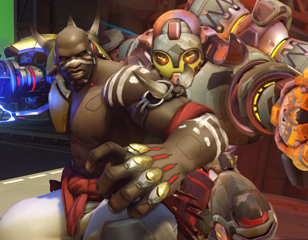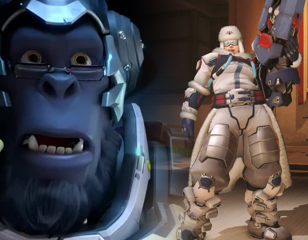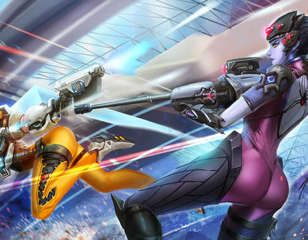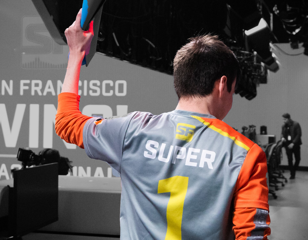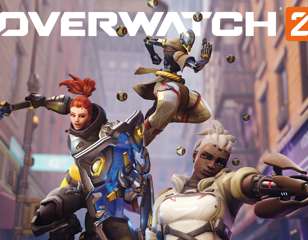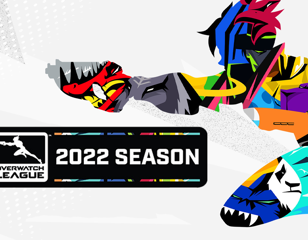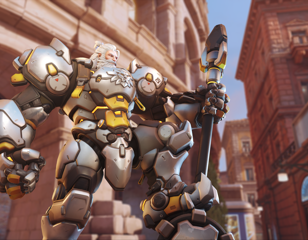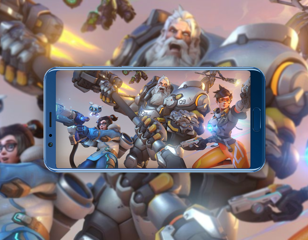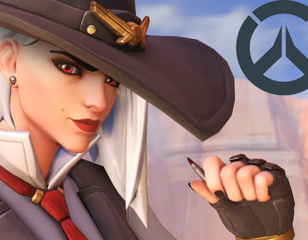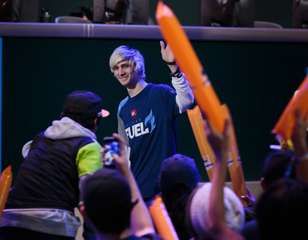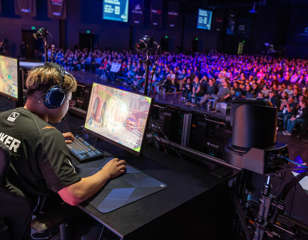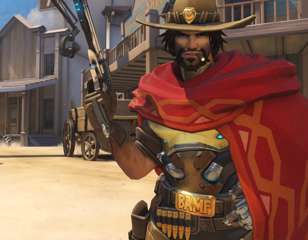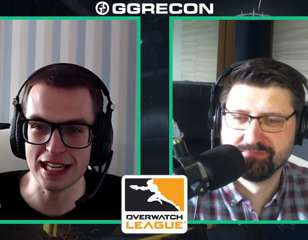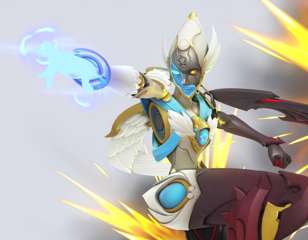The Overwatch scene has a problem with toxic players
The Overwatch Scene is facing a big problem; players who promote unsportsmanlike behaviour and somehow face no consequences.

Lloyd Coombes
08th May 2020 19:00
Blizzard
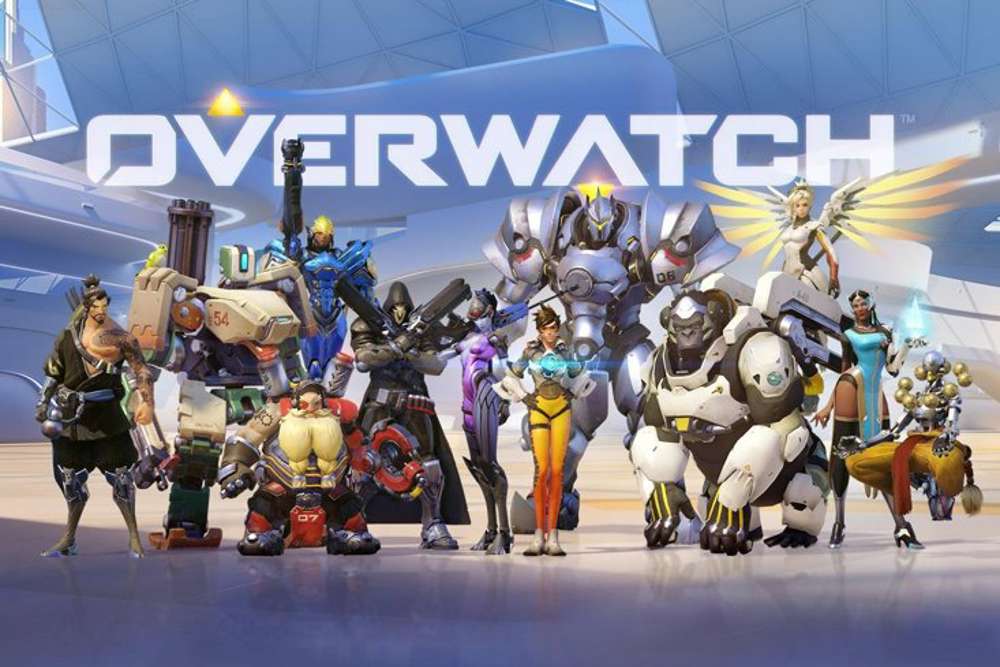
Warning: Strong & Offensive Language
The recent discussion around Colin "Higan" Arai’s (formerly known as Coluge) path to redemption has polarized the community. Arai had previously displayed despicable behaviour, ranging from verbal abuse to racism, also interfering with the integrity of the ladder by being a prolific account booster and throwing ranked games to griefing other players.
After being connected to having received an initial offer from the rebuilding Vancouver Titans, voices within the community spoke out against Arai being allowed to enter the Overwatch League. With the fallout of that news, it is alleged that the Titans are no longer interested in signing Arai as a player. Voices from within the Overwatch community came to the defence of Arai and stated that the player had since turned around his behaviour.
In a tweet, Atlanta Head Coach Brad “sephy” Rajani pointed out the systemic hypocrisy of allowing a player to compete in the path to pro without any additional punishments being imposed on them but being then barred from entering the Overwatch League.
Underlying the issue is a systemic failure to enforce professional guidelines in Overwatch’s T2 scene which has allowed players to get away with indefensible behaviour. It’s no secret that the Overwatch community has some bad eggs, just like any large gaming fanbase. Take for instance the case of Scion Esports’ players Cohesion and WannaB, two players, in particular, that are causing a stir, seemingly with no repercussions from the community, or their respective organisations.
Both players made it to the finals of the recent Fran’s Overwatch community Cup and competed in Contenders Trials in North America, placing them on the verge of having to be considered T2.
Blatantly out in the open, Cohesion, in particular, has been flagrant in his use of slurs on Twitter, writing tweets including racist, ableist and sexist rhetoric such as the following:


In January, Cohesion was called out by fellow OW player Muffinman regarding the usage of the word f*g, to no avail.

Cohesion’s comments did not stop there. He also went on to argue with (and gaslight) a sexual assault victim.

WannaB has also used racist and bigoted slurs online. The offending tweet has since been deleted, but the jokes about being a racist remain on Twitter.


WannaB did apologise for the slurs, but no consequences came from his actions, by either Scion themselves or the Overwatch community at large.
Cohesion’s indefensible behaviour doesn’t stop at his personal morals but extends into his contributions as a player. According to sources who wish to remain anonymous, Cohesion has engaged in win trading on the North American ladder on several occasions. Doing the bare minimum for plausible deniability, Cohesion stated that the following tweet of him confessing to win trading was merely meant to be a joke.


While the case of Cohesion is a particularly bad one, it should be noted that both him and WannaB are teenagers, and aligned with the guidelines that the environment has provided them and as all teenagers do, pushing the boundaries of what is acceptable frequently.
As much as Coluge, Cohesion and WannaB contribute to the problems the T2 & T3 scene of Overwatch faces, it is clear that their behaviour is greatly determined by the cultural realities of the Overwatch scene which reach beyond the path to pro and deep into the ranks of even the Overwatch League. Too infrequently and too indecisively does Blizzard enforce very clear terms-of-service-breaking behaviour even when clearly in the limelight, never clearly enforcing boundaries.
The takeaway is this: players in the public eye should maintain a level of professionalism, which does not include using disgusting language on public social media platforms and definitely does not include win trading, or this type of in-game conduct. The entirety of T2/T3 appears to have a vein of misbehaviour running through it, and the issues we have discussed in this report come up time and time again, with no consequences. If these players were to rise up in the ranks any further and become big names in Overwatch, their behaviour could be a jumping-off point for new players.
Beyond what Blizzard Entertainment can provide in enforcing their terms of service, it must be made clear on a cultural level that this is behaviour is not welcome in the Overwatch scene. As much as the individual is at fault, a game’s culture that lets these inflictions slide on the ranked ladder or in team environments without pushing hard against it until it is time to monetize these young unruly teenagers is not good enough and will forever produce cases to the likes of Arai’s.

About The Author
Lloyd Coombes
Lloyd is GGRecon's Editor-in-Chief, having previously worked at Dexerto and Gfinity, and occasionally appears in The Daily Star newspaper. A big fan of loot-based games including Destiny 2 and Diablo 4, when he's not working you'll find him at the gym or trying to play Magic The Gathering.
